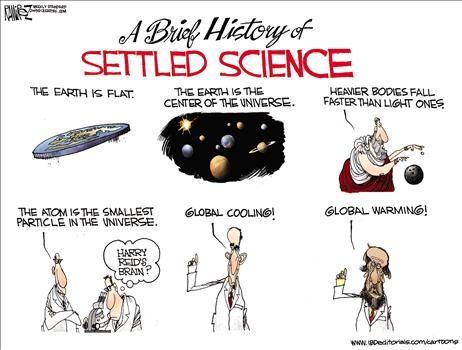They believe the IPCC has "overstated" the link between CO2 and global warming
Mr. Li recounts his attendance at the recent United Nations Climate Change Conference in Copenhagen. He writes of attending a panel featuring various skeptics concerning work done by the Intergovernmental Panel on Climate Change (IPCC). He came away particularly impressed by a talk given by Dr Fred Singer, atmospheric physicist and founding director of the US Weather Satellite Service, who, as Li reports, "challenged the IPCC findings with his research data."
Li also tells how Singer's data concurs with that of Chinese researchers;
Several Chinese scientists who have gone over the IPCC report believe that the IPCC may have overstated the link between global temperature and CO2 in the atmosphere.
In a paper published in the December issue of the Chinese language Earth Science magazine, Ding Zhongli, an established environmental scientist, stated that the current temperatures on earth look normal if global climate changes over the past 10,000 years are considered.
Li tells of meeting with IPCC chairman Dr Rajendra Pachauri and others about skeptic views and seeing those views brushed aside without serious appraisal...
I am particularly troubled by the fact that top IPCC officials do not seem to take these revelations seriously. Interviewed by the BBC, Jean-Pascal van Ypersele, vice-chairman of the IPCC, dismissed the matter as a "human mistake".
Ancient Chinese considered three a breaking point. They could forgive two errors, but not a third. Now that the IPCC has admitted three "human" errors, isn't it time scientists gave its work a serious review?
It is amazing that Chinese media examine what has recently come out revealing IPCC "mistakes" and conclude more serious examination of its work is in order.
 Yet the American mainstream media brush aside such concerns seeking to keep an obvious political agenda alive...
Yet the American mainstream media brush aside such concerns seeking to keep an obvious political agenda alive...READ MORE
image toon - grn 1st fnn = The history of settled science














No comments:
Post a Comment